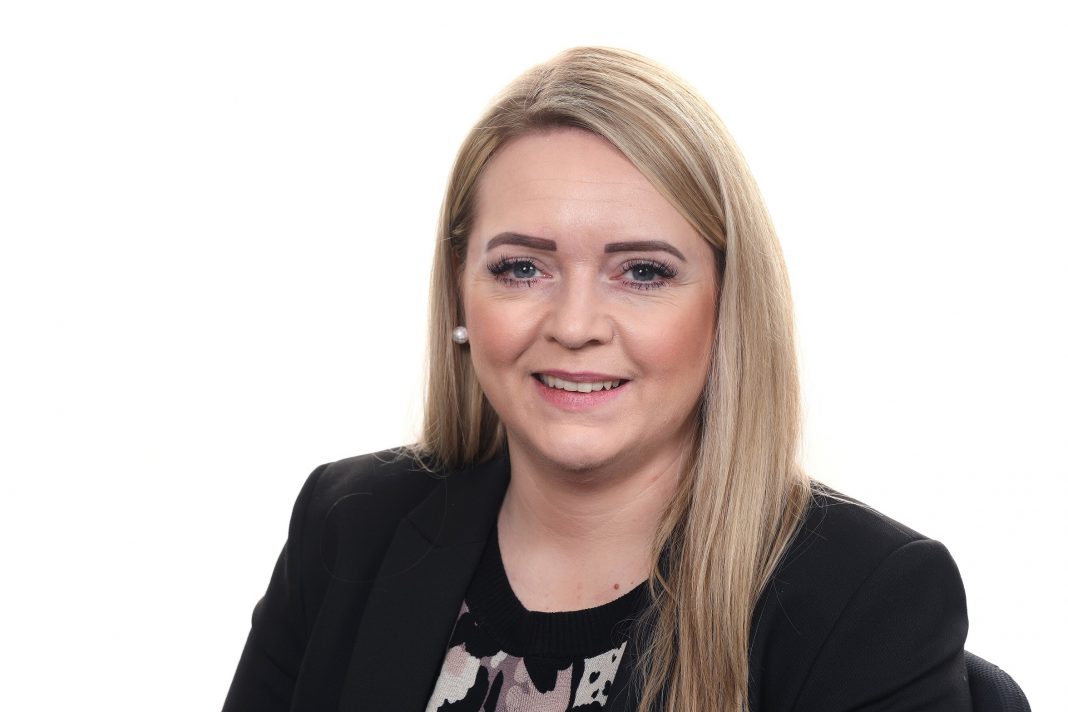Jennie Brown, tax partner at Streets Chartered Accountants, considers tax changes set to affect individuals’ finances.
As we usher in the new tax year, several significant changes are set to impact individuals’ finances.
The key changes and their impact are outlined below:
Dividend allowance slashed
The tax-free dividend allowance has been reduced from £1,000 to £500. This will affect both those who receive dividends as part of investments but also individuals who trade through a limited company preferring to take a minimal salary, plus dividends – an approach which can be more tax efficient in terms of remuneration planning, as dividends are not subject to National Insurance and taxed at a lower rate than salary.
However, National Insurance Contribution reductions, along with Corporation Tax rises and the reduction in dividend allowance have and will for some make being self-employed or paying them a salary rather than dividends more attractive. Therefore, it may be time to review your remuneration strategy.
Capital Gains Tax threshold reduced
The annual exempt allowance for capital gains tax (CGT) will be halved from £6,000 to £3,000, down from £12,300 just two years ago. Additionally, there will be a new reduced CGT rate of 24% for residential property sales for higher-rate taxpayers, down from 28%, while the basic rate remains unchanged at 18%. These changes may give rise to the need to consider the sale or acquisition of property or other business assets which might be subject to CGT.
National Insurance Contributions reductions for employees and the self employed
Employee national insurance contributions (NICs) will see a further 2% reduction to 8%, following a prior 2% cut announced in the Autumn Statement 2023. This reduction is estimated to save the average worker on £35,400 over £900 annually, resulting in a reduced tax rate of 28% for basic rate taxpayers compared to the previous 32% as of 5 January 2024.
For self-employed individuals, the main rate of Class 4 NICs is being reduced from 9% to 6%, alongside the abolition of the requirement to pay Class 2 NICs. These changes aim to simplify the tax system and save an average self-employed person on £28,000 over £650 annually.
Threshold freezes and adjustments
The basic rate and higher rate tax thresholds will remain frozen until 2028 at £12,570 and £50,271, respectively. This freeze may pull more taxpayers into higher-rate tax brackets, with over a million expected to face 40% tax charges for the first time. The additional tax 45% threshold remains unchanged at £125,140.
Additionally, the income limit for married couples’ allowance increases to £37,000 from the current £34,600.
High Income Child Benefit Charge (HICBC) Increase
The high income child benefit charge (HICBC), the threshold for which child benefit can be received, will rise to £60,000 from the current £50,000. However, the charge is tapered, meaning it may still be beneficial for parents or their partners earning between £60,000 and £80,000 to claim child benefits. The charge increases by 1% for every £200 of income exceeding £60,000 and equals the amount of the child benefit payment if income exceeds £80,000.
Child benefit rates will increase with the eldest child receiving £25.60, up from £24, and other children receiving £16.95, up from £15.90.
Pensions, making retirement better?
For private pensions, the new lump sum allowance will be £268,275, while the lump sum and death benefit allowance will be £1,073,100, with the lifetime allowance being eliminated.
The state pension will increase to £221.20 a week from £203.85 and working tax credit elements will also see adjustments.
Inheritance Tax remains frozen
The IHT threshold remains frozen at £325,000, with no increase for 15 years, perhaps not surprisingly the amount paid to HMRC in IHT is at an unprecedented level with £7.5bn said to be collected in the tax year 23/24. It might therefore be time for many to look at IHT planning in the year ahead.
These changes are all part of an ever-changing tax landscape and continue to highlight the need for individuals and businesses alike to keep up to date, as well as to ensure that they seek advice from specialist tax advisers.
See this column in the May edition of East Midlands Business Link Magazine here.



